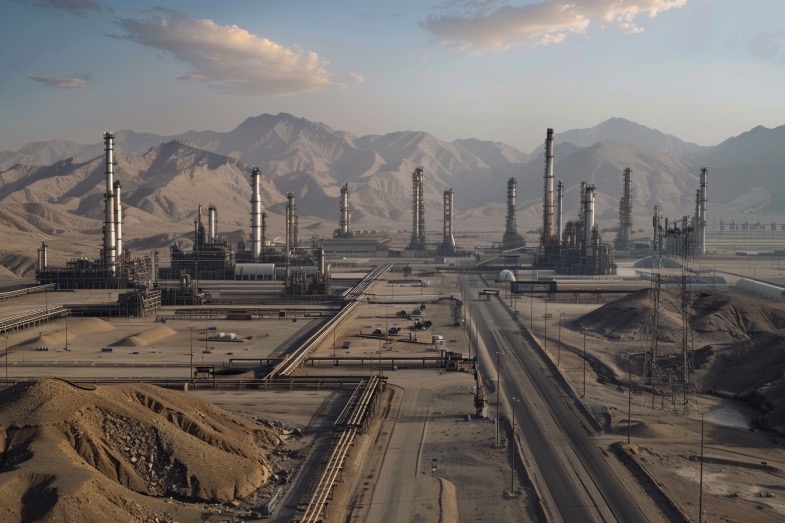OpenAI, Oracle, and Softbank Join Forces to Build AI-Powered Data Centers
In a groundbreaking move, OpenAI has partnered with Oracle and Softbank to establish data centers specifically designed to fuel artificial intelligence (AI) capabilities. The trio plans to inject a staggering $100 billion into the project with immediate effect.
Standing shoulder to shoulder with the leaders of the three companies at the White House, US President Donald Trump hailed the initiative as a “resounding declaration of confidence in America’s potential.”
OpenAI had previously underscored the need for substantial investments in infrastructure to support AI and had been advocating for governmental backing for such endeavors.
The collaboration between the ChatGPT-creator and Softbank has birthed a new entity named Stargate, which aims to funnel $500 billion into the venture over the next four years.
“I believe this will be the most pivotal project of our time,” expressed OpenAI’s CEO, Sam Altman.
While acknowledging Trump’s contribution, Altman emphasized, “We wouldn’t have reached this point without you, Mr. President,” despite the project already being in progress.
It is anticipated that the plan, which involves the establishment of AI infrastructure such as data centers, will generate over 100,000 job opportunities, according to Trump.
Larry Ellison, Oracle’s chief technology officer, disclosed that the initial data centers are currently under construction in Texas, with plans for further expansion into other locations.
The Information, a prominent technology news platform, initially shed light on the project back in March of last year.
OpenAI revealed that the unveiling of the new company, which also includes UAE-backed investor MGX, was the culmination of over a year’s worth of discussions.
Key players in the project also encompass tech giants like Microsoft, Arm, and NVIDIA, as per statements from Softbank and OpenAI.
OpenAI set off the AI race in 2022 with the debut of its ChatGPT bot, which delivered remarkably human-like responses and showcased the swift advancements in AI technology.
This breakthrough prompted a flood of investments, particularly in the specialized data centers essential for powering the computing.
However, the projected upsurge in demand for these centers, which necessitate substantial power consumption and financial resources for construction, has sparked concerns regarding energy supplies and the involvement of foreign investors.
In one of his final acts in office, former President Joe Biden proposed regulations that would restrict the export of AI-related chips to numerous countries worldwide, citing the move as a means to assert control over the industry.
He also issued directives pertaining to the development of data centers on government-owned land, emphasizing the role of clean energy in powering these facilities.
While the recent investment plans may seem extraordinary, they are not out of place in the industry landscape.
Microsoft, a major supporter of OpenAI, announced its commitment to invest $80 billion in expanding AI-fueled data centers this year.
The company is also engaged in a $100 billion initiative, in collaboration with BlackRock, focused on making AI data center investments.
Amazon has also made substantial investments in this arena, unveiling two projects valued at around $10 billion each in just the past two months.
According to a report by McKinsey last year, the global demand for data center capacity is set to more than triple by 2030, growing at an annual rate of 19% to 27% by the end of the decade.
To meet this escalating demand, the consultancy estimated that developers would need to construct at least double the current capacity by 2030, compared to what has been built since 2000.
Nevertheless, analysts caution that the process is likely to encounter challenges such as power and land constraints, as well as permitting hurdles. — BBC



